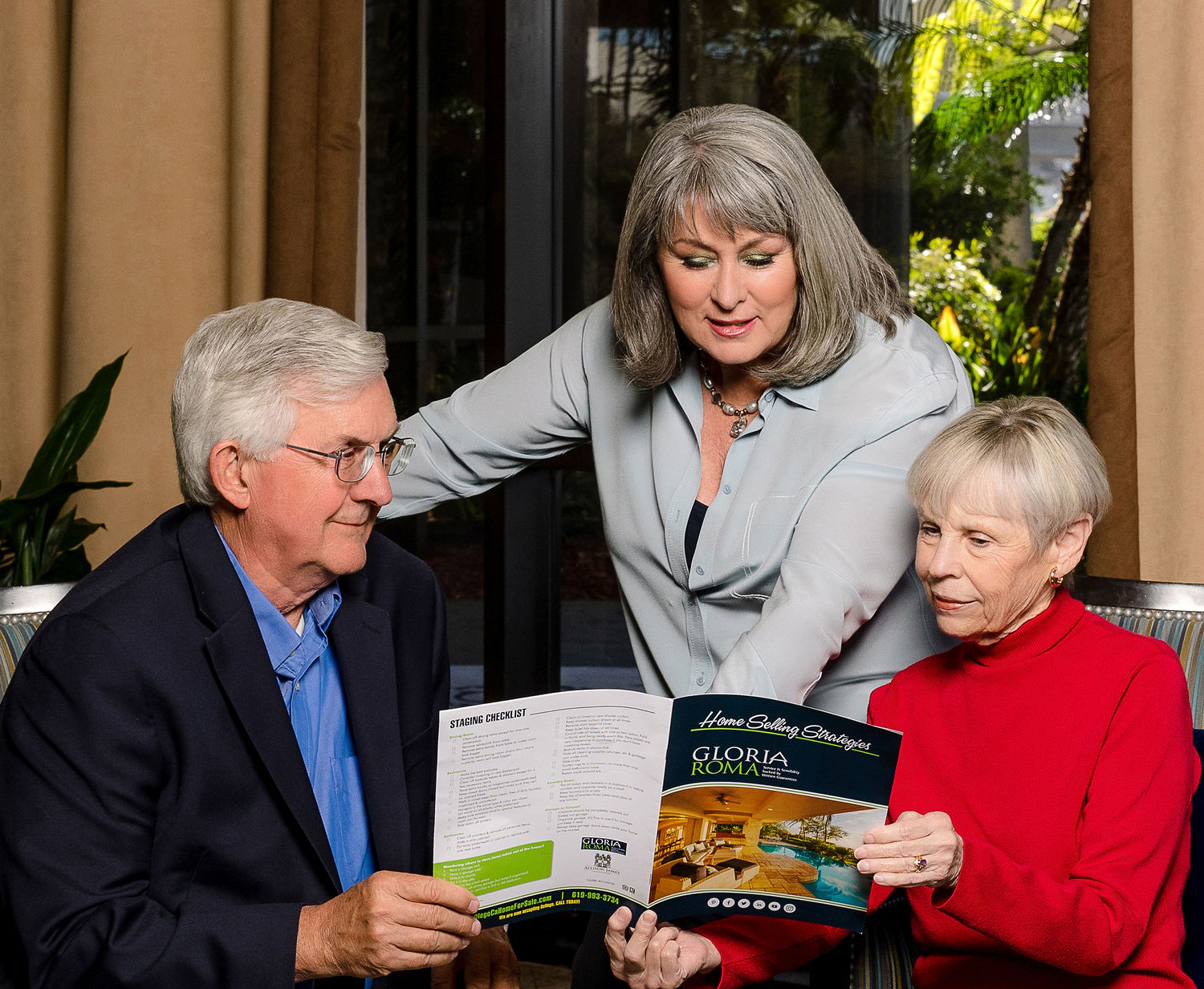What the Shocking Death of Prince Can Teach Elderly Parents
When the artist Prince died earlier this year, the news came as a shock to everyone, especially his fans and those who were close to him. At the age of 57, his family and friends were left behind, trying to make sense of the loss. After grief, the financial reality would set in, and unfortunately for all involved, there was absolutely no estate planning to be found. With no trust and no will, nobody will ever really know how Prince Rogers Nelson would have wanted to distribute his wealth.
Elderly parents in San Diego senior housing can learn from this story. Prince probably thought it was too early to arrange his affairs, but the reality is that it’s never too early. Rather than putting your family through an expensive and stressful legal process to divide your estate, you can take lessons from Prince’s unfortunate situation, and act now to get your affairs in order.
Nine Important Estate Lessons for Elderly Parents
-
1. It’s Never Too Early to Arrange Your Estate
It doesn’t matter how old you are, whether you’re approaching retirement or you’re well into your golden years, an unexpected event could change everything for you and your family. Estate documents should be kept updated and they should be legally binding. With a trusted estate attorney, you could manage your will, a trust, or any of your important legal documents. Find a trusted legal representative who is close to your home in San Diego senior housing.
-
2. Don’t Underestimate Your Assets
Whether you’re going to be leaving a multimillion dollar property portfolio, a cash amount, or simply the possessions that you have in your home, there is always a reason to perform estate planning. Having a legal will helps to ensure that your family won’t have to go through painful legal proceedings in the future
-
3. Be Involved With the Process
Maintaining involvement is the best way for you to understand the process of planning your estate. While you will need help from a legal professional, it’s not a good idea to leave things entirely in the hands of someone else. There will be papers to review and sign, and you may even be able to learn ways that you can save money now that you’re living on a fixed income. Find out exactly which legal documents you will need, whether they be for a family trust, your personal will, funeral arrangements, or a legal directive for health care should you become incapable of making decisions alone. Paying attention to detail will help to eliminate family conflicts. The passing of a loved one is an emotionally distressing time, and adding on the weight of an unplanned estate could create additional stress and division within your family. Always be involved and ensure that your documents are robust enough to serve their purpose, especially for when you won’t be around to ensure that things go ahead as you planned.
-
4. Make Things Easy for Your Family
It’s important to be open with your family when it comes to your estate. You don’t need to be specific about how your estate will be distributed, but you do need to make sure that your immediate family knows you have a will or other legal documents, and that they know what to do when the time comes to make use of these documents. Your planning will be worth nothing if you and your spouse are the only ones who are aware and involved.
-
5. Don’t Make Assumptions About Anyone in Your Family
It’s not just the elderly that will benefit from a will and other estate documents. Anybody in your family could be affected by an unexpected event. Don’t assume that people have their affairs in order, and make an effort to talk to your family about the importance of having a plan. You could use the Prince story as a great example of why estate planning is essential, no matter the situation or age.
-
6. Remind Yourself of the Harsh Realities of Dying Without a Will
Perhaps the best motivation is reminding yourself about exactly what will happen if you die without a will in place. Intestacy is the legal term used for situations where someone has died without leaving a formal and legally binding will or other declaration. Your family will be dealing with grief, and then on top of that, your estate will now be left up to the inheritance laws in your state. The state will distribute your assets based on their power under the law, but this will in no way be representation of your intentions. Some family members may not be happy with how the state divides things, and this could lead to legal proceedings that create deep divisions and hostility within your family. Even the closest families can be profoundly impacted by the intestacy process, and this is not the kind of legacy that you want to leave. The majority of adults simply aren’t aware of what happens when someone dies without a will, and things become more complicated when unmarried and divorced elderly parents die. When children are involved, things complicate even further, and the state’s definition of a ‘family’ might be quite different to your own.
Don’t leave any ambiguity when it comes to your estate. Prince was the highest profile case of the last year, but there were countless other unexpected deaths where there was no will in place. You don’t have to leave things up to the government’s interpretation of the law. Instead, always make sure that you plan ahead, no matter your age or your circumstances.

